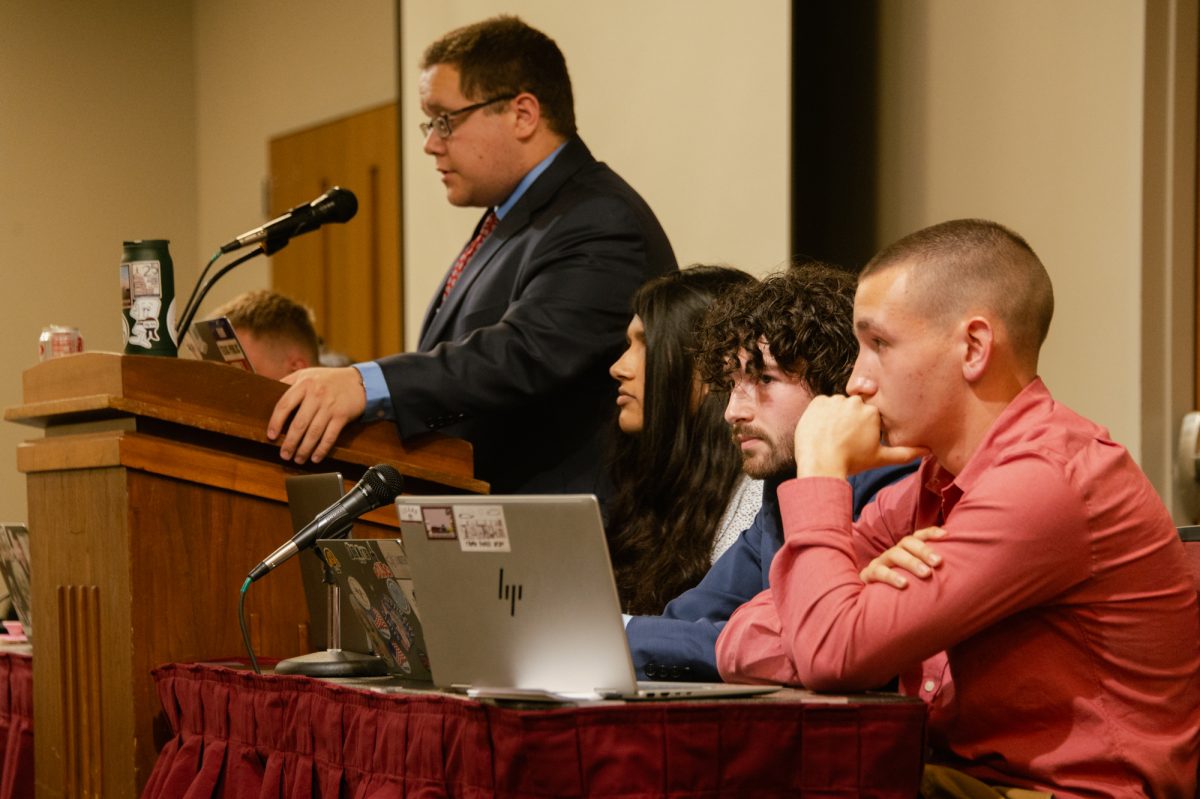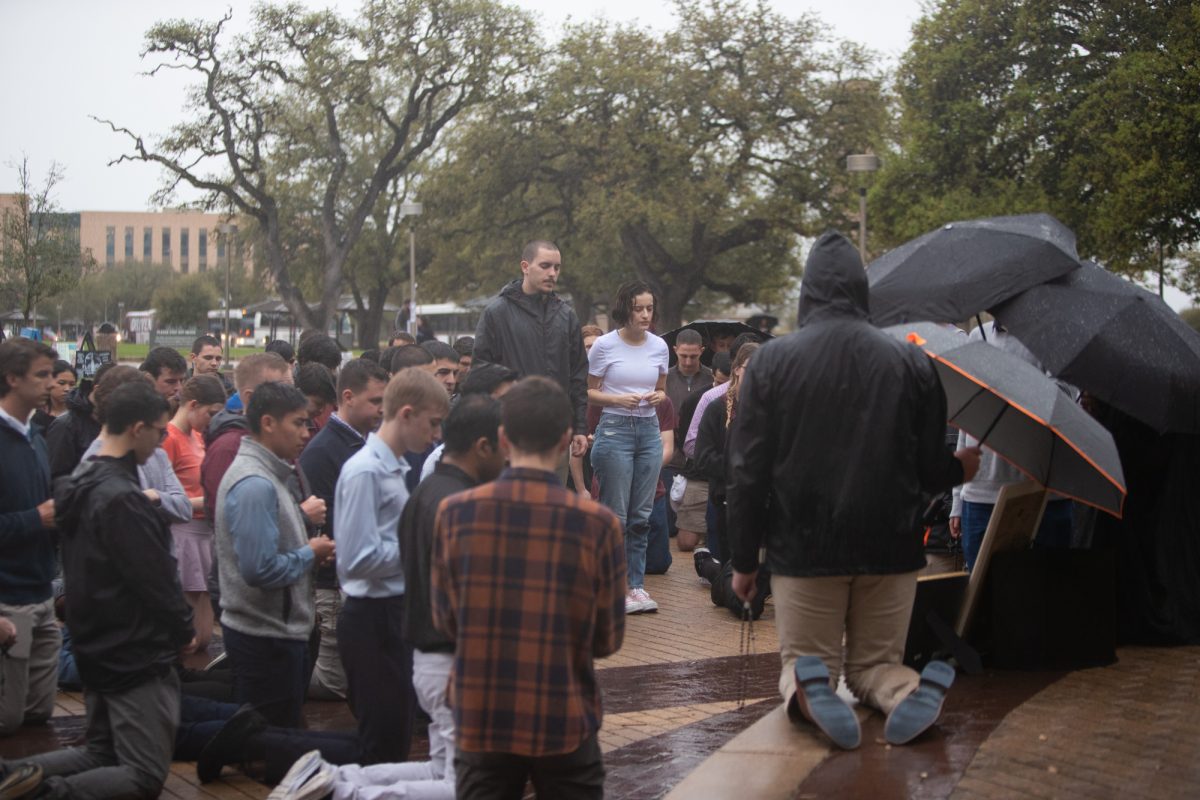Steven Jukes, global editor in chief for Reuters news agency, has prohibited his reporters from using the word “terrorists” to describe those responsible for the Sept. 11 attacks on America. In an internal memo to his staff, Mr. Jukes defended his decision by stating, “We all know that one man’s terrorist is another man’s freedom fighter.”
Mr. Jukes’ inability to call terrorism by its proper name stems from a problem plaguing society today: a belief in moral relativism. Moral relativism is a philosophy that asserts there is no objective moral truth in the world. Whether an action is right or wrong depends on the ideas of the individual or group performing that action. Despite its tolerant facade, moral relativism is a bankrupt philosophy that leads to self-contradiction and intellectual dishonesty.
The primary argument for moral relativism is that because individuals and cultures have differing moral practices there cannot be a set of universal moral truths. Mr. Jukes ostensibly prohibits the word “terrorists” because he believes that to be unbiased he must recognize the possibility that other cultures do not consider the tragedies in New York and Washington, D.C., terrorism.
In actuality, there are many moral values that are universal.
There is no society, for example, where men are praised for being cowards or where dishonesty is extolled as a virtue.
Two people disagreeing on the answer to a question does not mean the question has no answer.
For example, some people argue that the Holocaust never happened, but that does not change the fact that it happened. Or, as UNLV Professor Francis Beckworth said, two people who “disagree about whether or not the earth is round is not proof that the earth has no shape.”
John O’Sullivan, editor in chief for United Press International, responded to Jukes and said, “A terrorist is a man who murders indiscriminately … We may want to defeat his political cause or see it triumph. For his methods, however, the terrorist is always to be condemned.”
O’Sullivan exhibits the proper perspective on this issue — he realizes that there are differing opinions among various groups, but he is not afraid to state the obvious fact that indiscriminate murder is universally wrong and should be universally condemned.
If one believes that there is a difference in the world between right and wrong, he must believe there is a universal standard by which these qualities are measured. Otherwise, for example, no one could legitimately criticize the Nazis for murdering millions of Jews.
Murder may be considered wrong by one group, but absent an absolute truth by which to measure, we cannot say that murder should always be considered wrong. We cannot, therefore, say that there is anything inherently wrong with murdering someone. Along this line of thinking, we must respect the rights of other groups and individuals to rape, steal, lie and murder as long as they feel these deeds are acceptable.
Of course, this is ludicrous — but this is exactly where moral relativism leads. Relativists will counter that the government would not allow these things to go on. But government derives its power from the people. If the government did allow these things, would that make them acceptable?
Former Cambridge University professor C.S. Lewis said, “Whenever you find a man who says he doesn’t believe in a real Right and Wrong, you will find the same man going back on this a moment later. He may break his promise to you, but if you try breaking one to him, he’ll be complaining `It’s not fair.'”
Whether they admit it or not, everybody recognizes some universal truths in the world. No one can look at the savage acts of Sept. 11 and believe that there is no basis for determining whether they were “right” or “wrong.”
The fact that we live in a society that allows differing viewpoints does not mean each of those viewpoints should be considered equally correct. Those who want to deny that the Holocaust took place or that the earth is round are free to do so. But the news media should not temper its language to accommodate people who express these, or other, ridiculous notions.
Terrorism did happen
October 19, 2001
0
Donate to The Battalion
$2065
$5000
Contributed
Our Goal
Your donation will support the student journalists of Texas A&M University - College Station. Your contribution will allow us to purchase equipment and cover our annual website hosting costs, in addition to paying freelance staffers for their work, travel costs for coverage and more!
More to Discover









